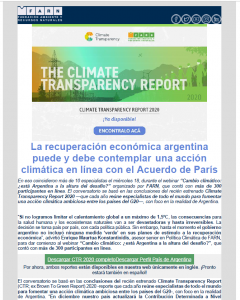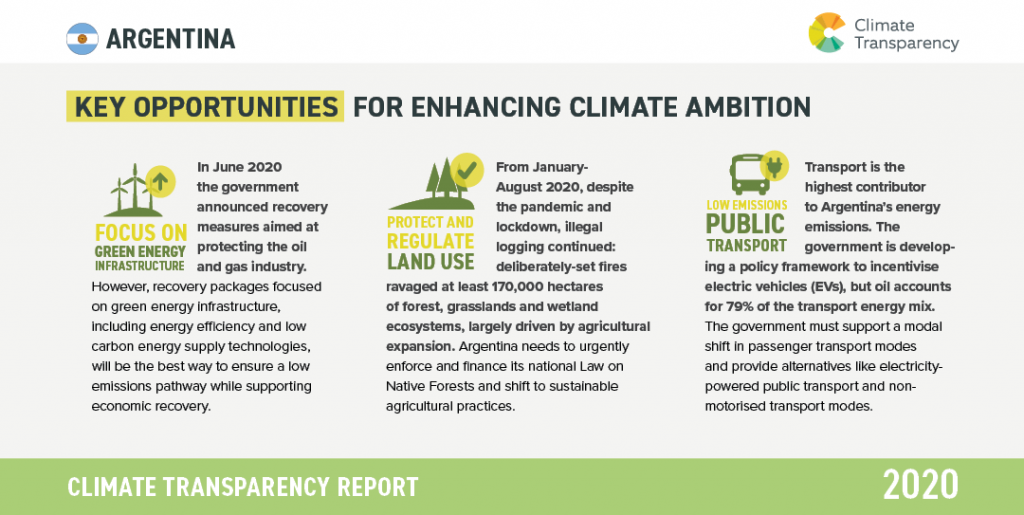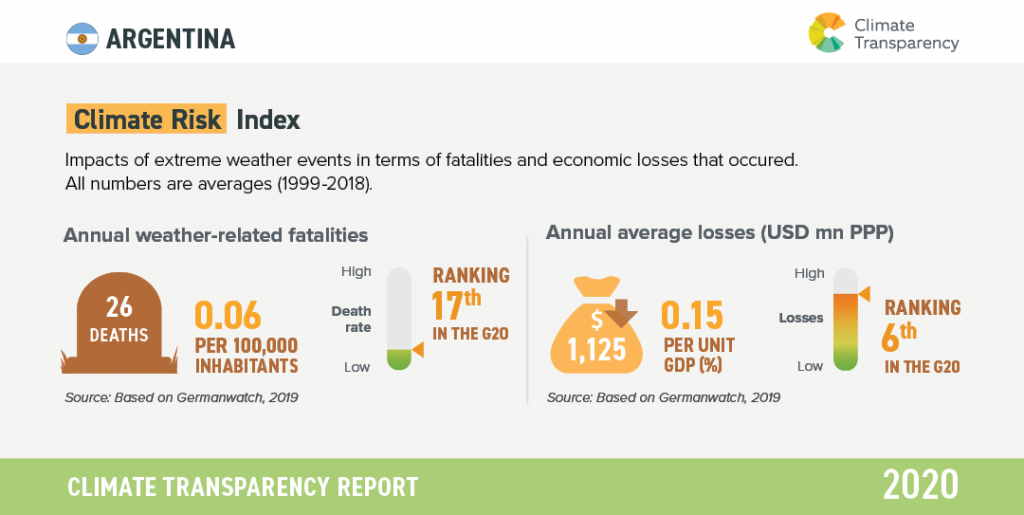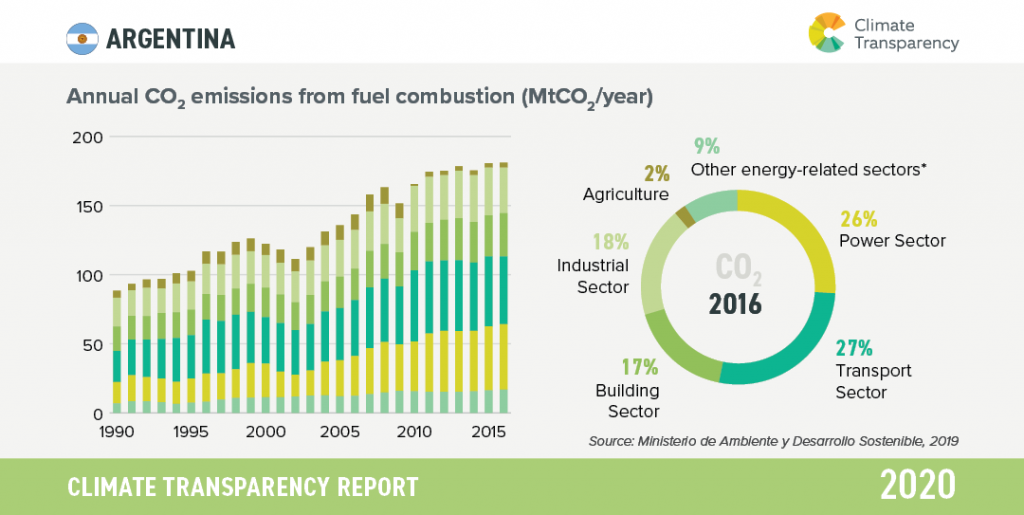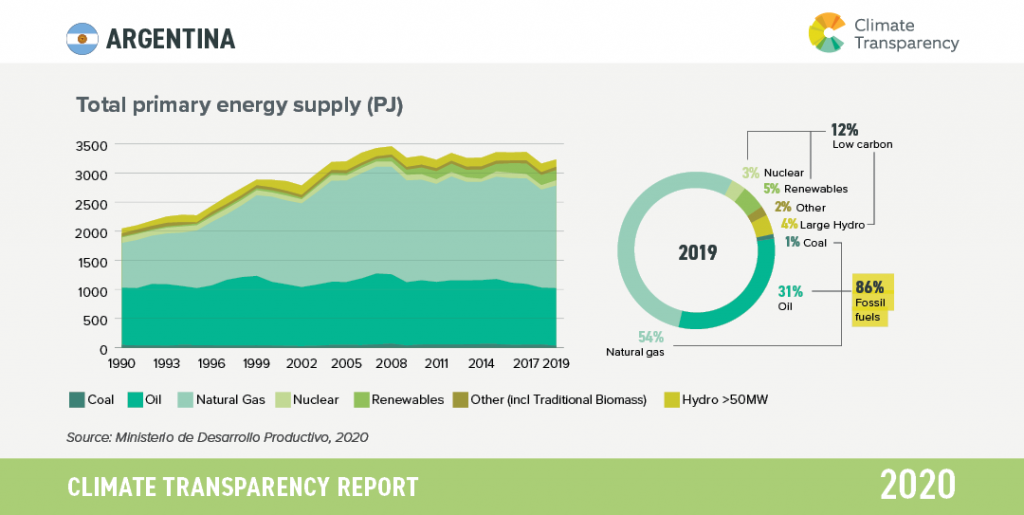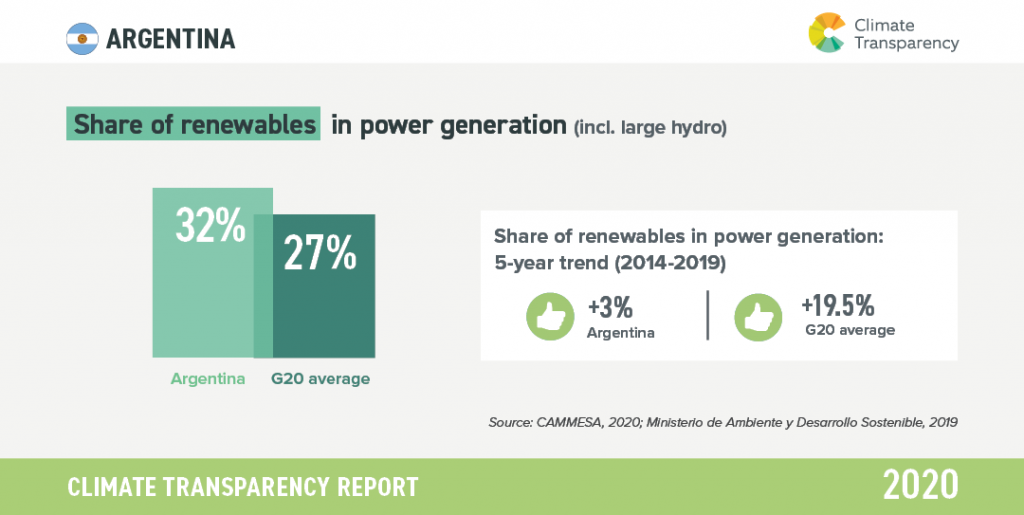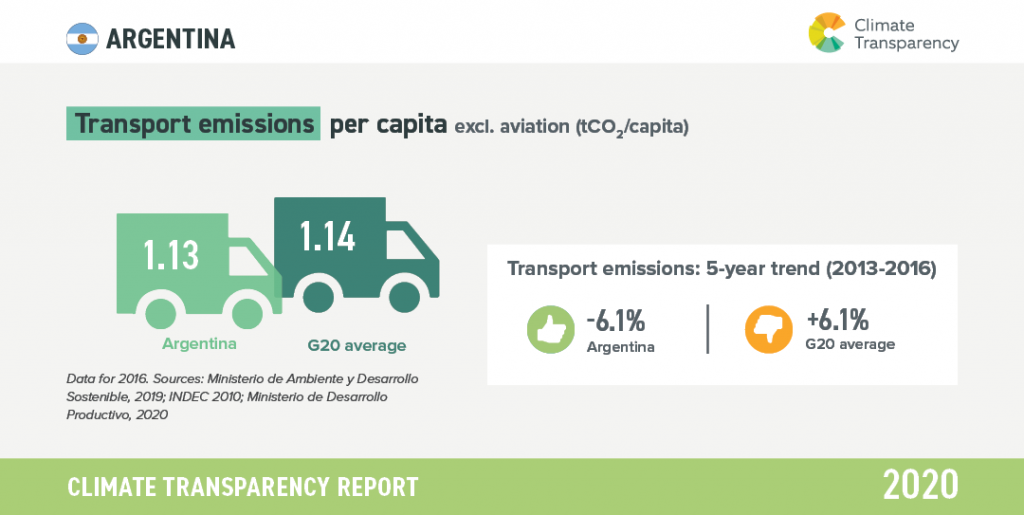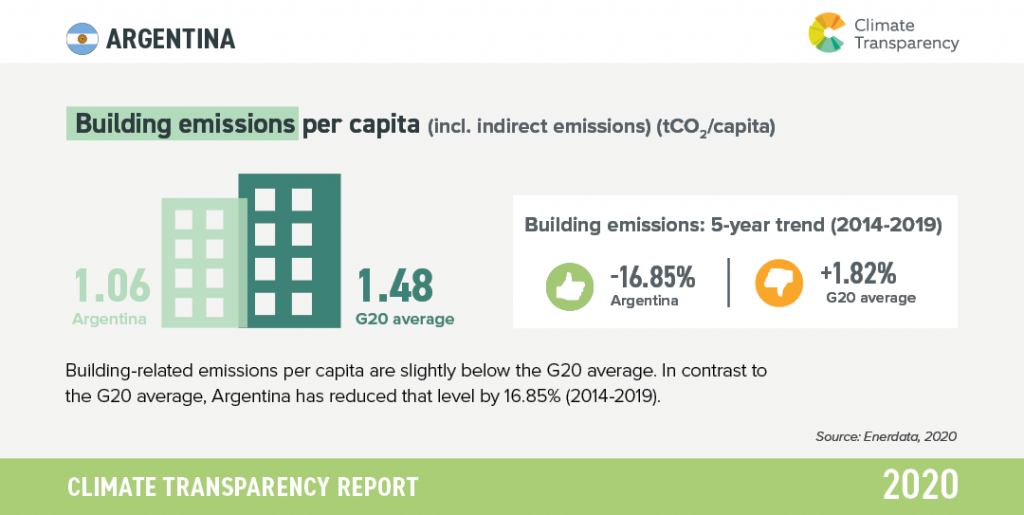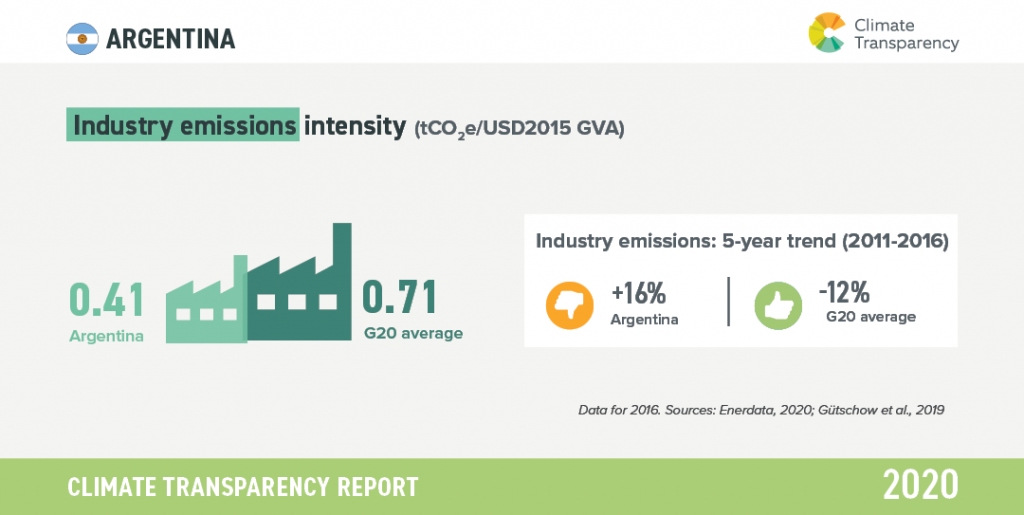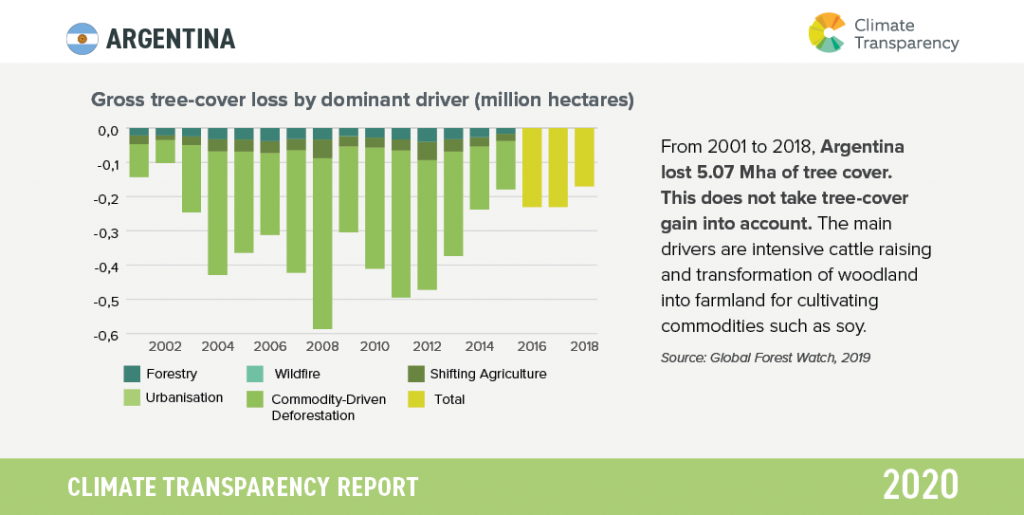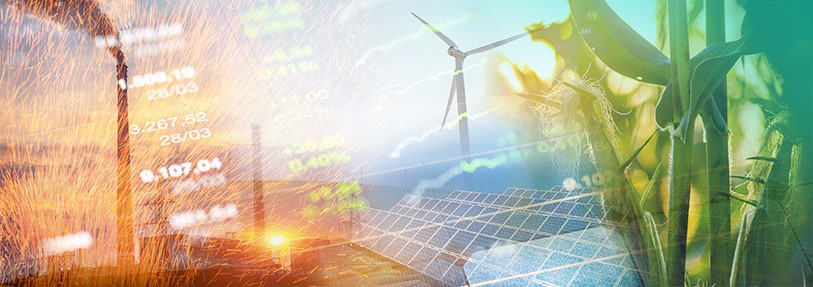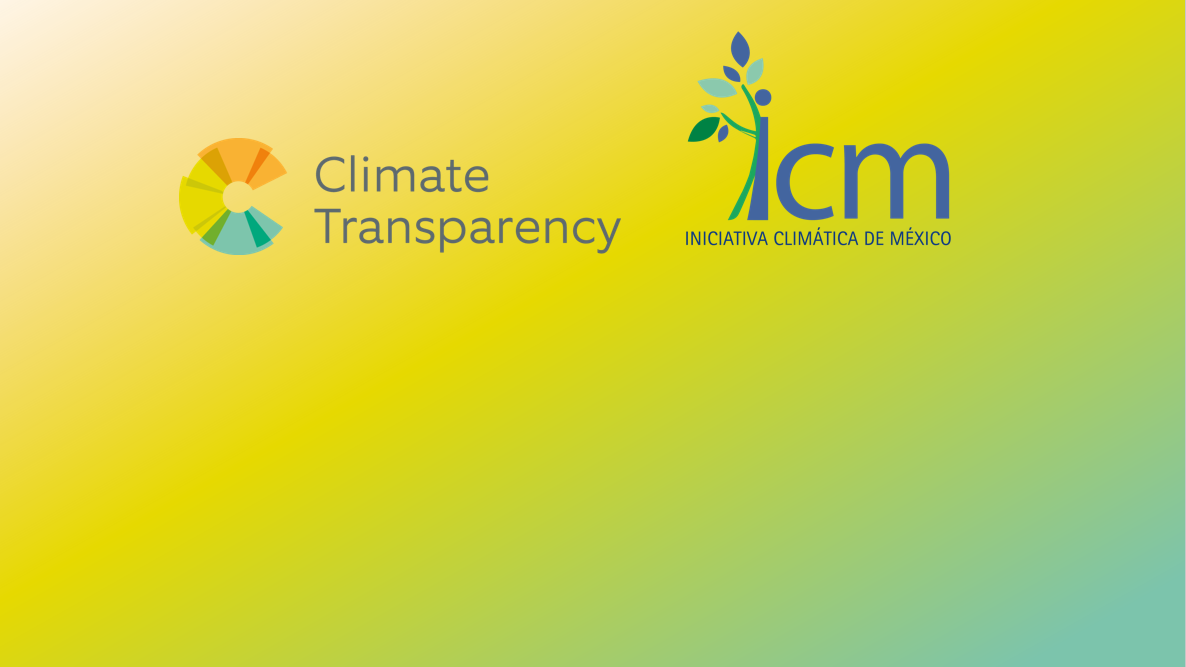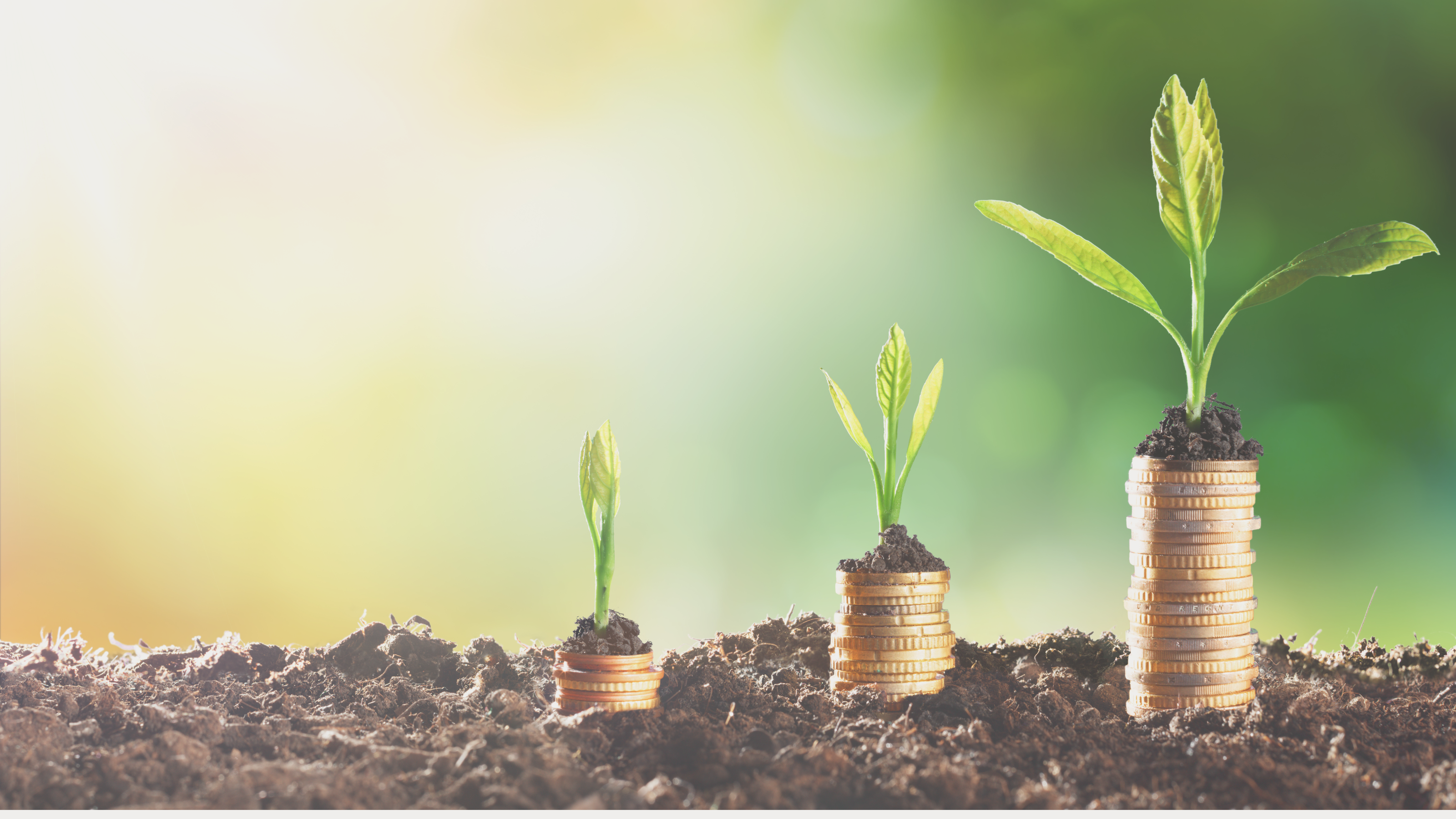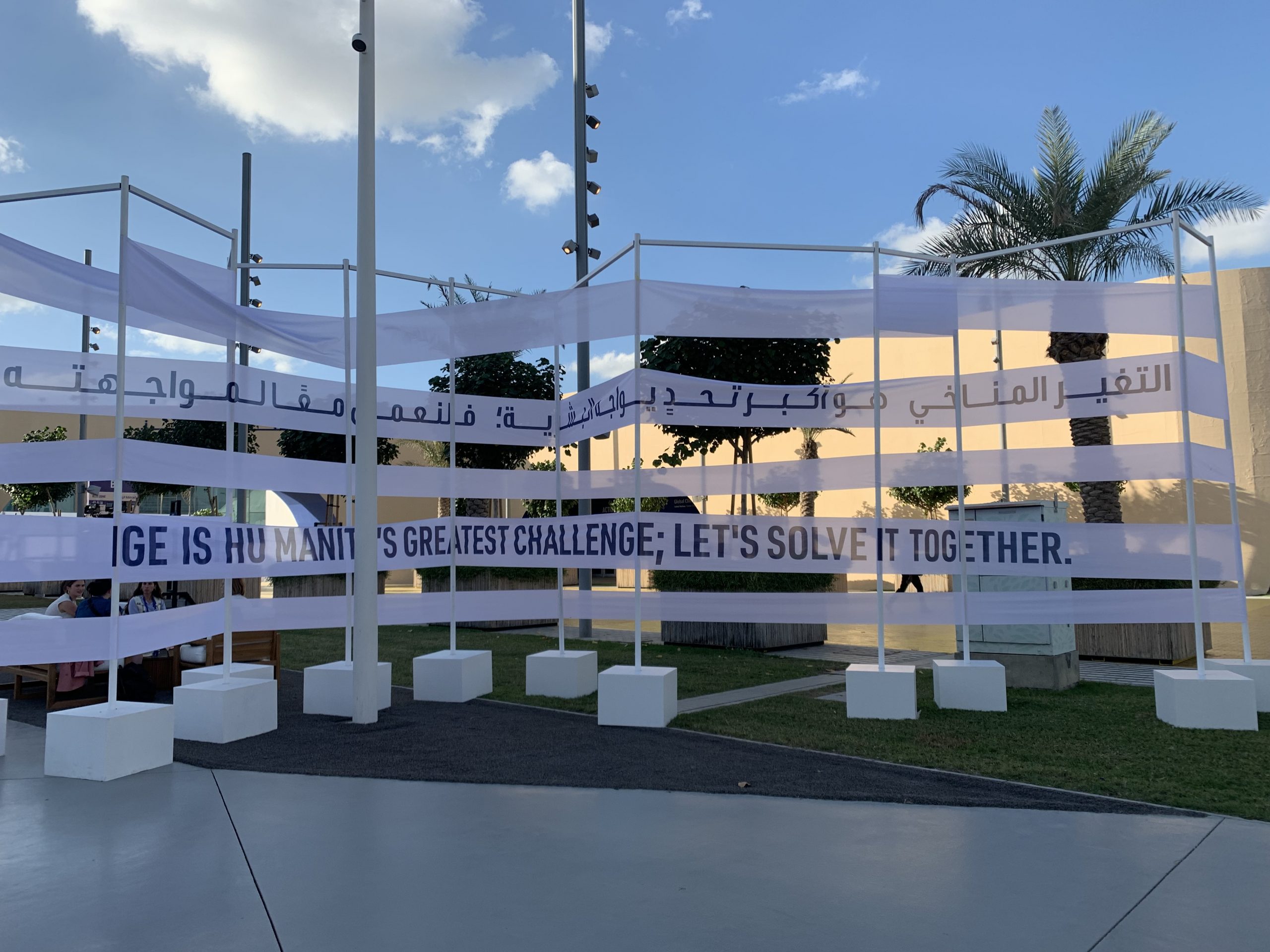The Argentinian economic recovery can and must be compatible with climate action and in line with the Paris Agreement – this is the conclusion from an online event entitled: “Climate change: Can Argentina rise to the challenge?” organized on 18 November 2020 by FARN, during which the Climate Transparency Report 2020 has been presented.
An online event, which gathered over 300 participants, experts in the field and relevant stakeholders, focused on discussing how to foster ambitious climate action in G20 countries and in particular in Argentina.
“If we cannot halt global warming at 1.5°C, the consequences to human health and natural ecosystems are going to be devastating and irreversible. The decision is made country by country, with each public policy. However, up to this moment the Argentinian government has not included any green measure in its stimulus plans for economic recovery”, warned Enrique Maurtua Konstantinidis, Climate Policy Senior Advisor at FARN. “In December 2020, our country is going to update its Nationally Determined Contribution (NDC), according to the commitment taken under the Paris Agreement. We need it to be sufficiently ambitious”, he said. Álvaro Umaña, Climate Transparency Co-Chair, added: “climate action must go hand in hand with economic recovery and must seize every opportunity to raise the level of ambition in 2021”.
“We cannot consider a green recovery in line with the Paris Agreement without taking into account the land use sector, since it holds great importance in terms of GHG emissions, but also in our economy”, said Jazmín Rocco Predassi, also from the Climate Policy area at FARN. Laura Rocha from Periodistas por el Planeta added that the energy sector is also fundamental: “initiatives and changes coming from the public and private sector must ensure a real transformation of the national energy matrix”.
The Climate Transparency Report 2020 concludes that Argentina needs to put its focus on green energy infrastructure, low emissions transport and protecting and regulating land use. The first two points were addressed by the first thematic panels with the participation of Gabriel Blanco (UNICEN), Daniela Keesler (UNICEN), María Marta Di Paola (FARN) and Alejandro Pazos (Scania), as well as Alejandra Cámara (Génesis) and Manuel Jaramillo (Fundación Vida Silvestre) respectively. The third and final panel was devoted to raising ambition in Argentina through the NDC update and was based on the information from the NDC Transparency Check published by Climate Transparency. It included the participation of Enrique Maurtua Konstantinidis (FARN) and Antonella Risso (Health without Harm).
The closing remarks were given by Álvaro Umaña (Climate Transparency) and Nicole Becker (Jóvenes por el Clima Argentina). She stated: “The challenge lies in the dissemination of this information, these data that people find hard to understand. The hope for achieving this change is within us, and we all need to get involved”.




